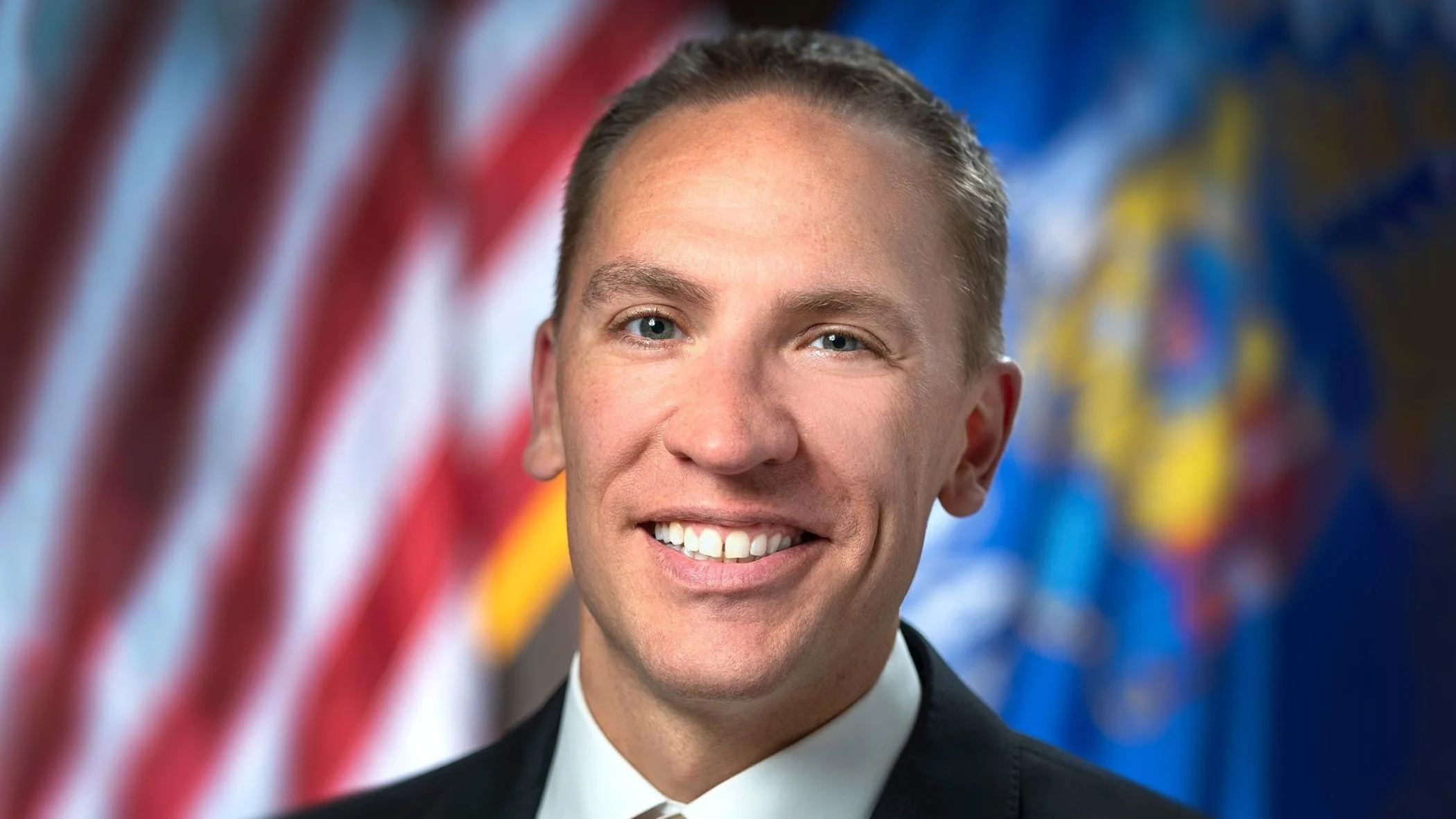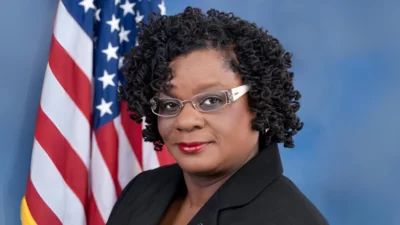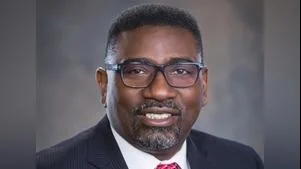Christopher J. Larson, Wisconsin State Senator for 7th District | Facebook
Christopher J. Larson, Wisconsin State Senator for 7th District | Facebook
According to the Wisconsin State Legislature's official website, the bill was described as follows: "a refundable income tax credit for bicycle purchases and making an appropriation. (FE)".
The following is our breakdown, based on the actual bill text, and may include interpretation to clarify its provisions.
In essence, this bill establishes a refundable income tax credit for individuals purchasing bicycles, including electric bicycles, for their dependents, aiming to assist families with lower income. The credit is capped at $200 per dependent and is available to claimants whose family income does not exceed 200% of the federal poverty line. To qualify for the credit, individuals must provide the necessary documentation of the bicycle purchase with their tax return. The refund surpasses the tax liability if the eligible claim amount is greater, offering financial relief for families. This credit applies to taxable years starting after Dec. 31, 2024, and does not extend to part-year residents, nonresidents, or taxable years shorter than 12 months, except in the case of the taxpayer's death.
The bill was co-authored by Representative Lee Snodgrass (Democrat-52nd District), Senator Kristin Dassler-Alfheim (Democrat-18th District), Senator Melissa Ratcliff (Democrat-16th District), Senator Jeff Smith (Democrat-31st District), and Senator Mark Spreitzer (Democrat-15th District). It was co-sponsored by Representative Deb Andraca (Democrat-23rd District), Representative Mike Bare (Democrat-80th District), and Representative Brienne Brown (Democrat-43rd District), along with 16 other co-sponsors.
Chris Larson has authored or co-authored another 60 bills since the beginning of the 2025 session, with all of them being adopted.
Larson graduated from the University of Wisconsin, Milwaukee in 2007 with a BA.
Larson, a Democrat, was elected to the Wisconsin State Senate in 2011 to represent the state's 7th Senate district, replacing previous state senator Jeffrey Plale.
In Wisconsin, the legislative process starts when a senator, constituent, group, or agency proposes an idea for a bill. After drafting, the bill is introduced, numbered, and referred to a committee for review and public input. If approved, it moves through three readings and votes in both the Senate and Assembly. Once both chambers pass the same version, the bill goes to the governor, who can sign it, veto it, or let it become law without a signature. Only a small share of bills introduced each session ultimately become law. You can learn more about the Wisconsin legislative process here.
| Bill Number | Date Introduced | Short Description |
|---|---|---|
| SB344 | 06/27/2025 | A refundable income tax credit for bicycle purchases and making an appropriation. (FE) |
| SB343 | 06/27/2025 | Requiring bicycle and pedestrian facilities in highway projects and granting rule-making authority. (FE) |
| SB330 | 06/19/2025 | Waiting period for purchase of handguns |
| SB329 | 06/19/2025 | Extreme risk protection temporary restraining orders and injunctions, making an appropriation, and providing a penalty. (FE) |
| SB319 | 06/12/2025 | Designating the rusty patched bumble bee as the state native insect |
| SB314 | 06/04/2025 | The pupil participation limit in the state parental choice program |
| SB233 | 04/29/2025 | Inducements to sign or refrain from signing nomination papers, recall petitions, and certain other petitions |
| SB165 | 03/27/2025 | Eliminating daylight saving time in Wisconsin |
| SB150 | 03/21/2025 | Passing legislation to reduce carbon emissions |
| SB149 | 03/21/2025 | Requiring the legislature to convene an extraordinary session if an executive order of the president of the United States freezes federal aid to the state |






 Alerts Sign-up
Alerts Sign-up